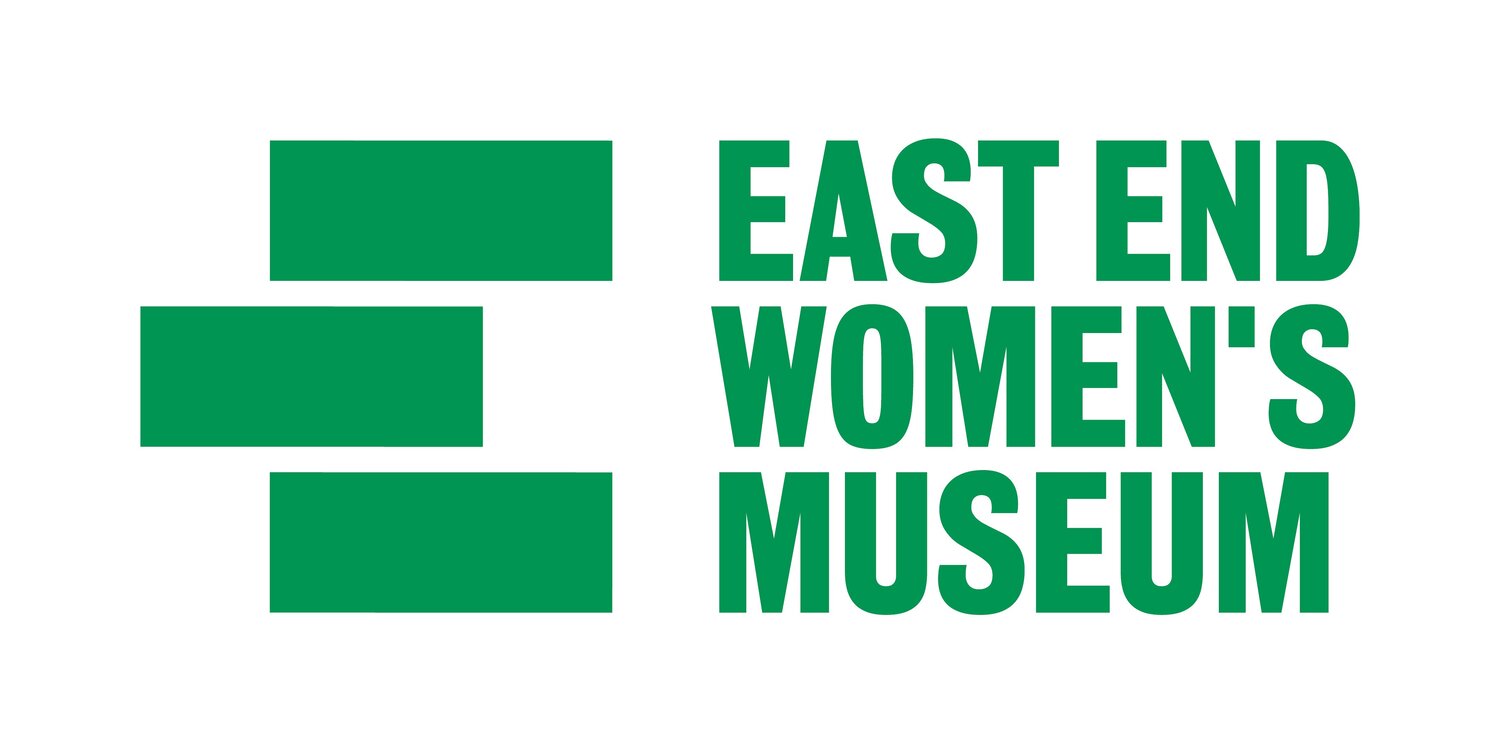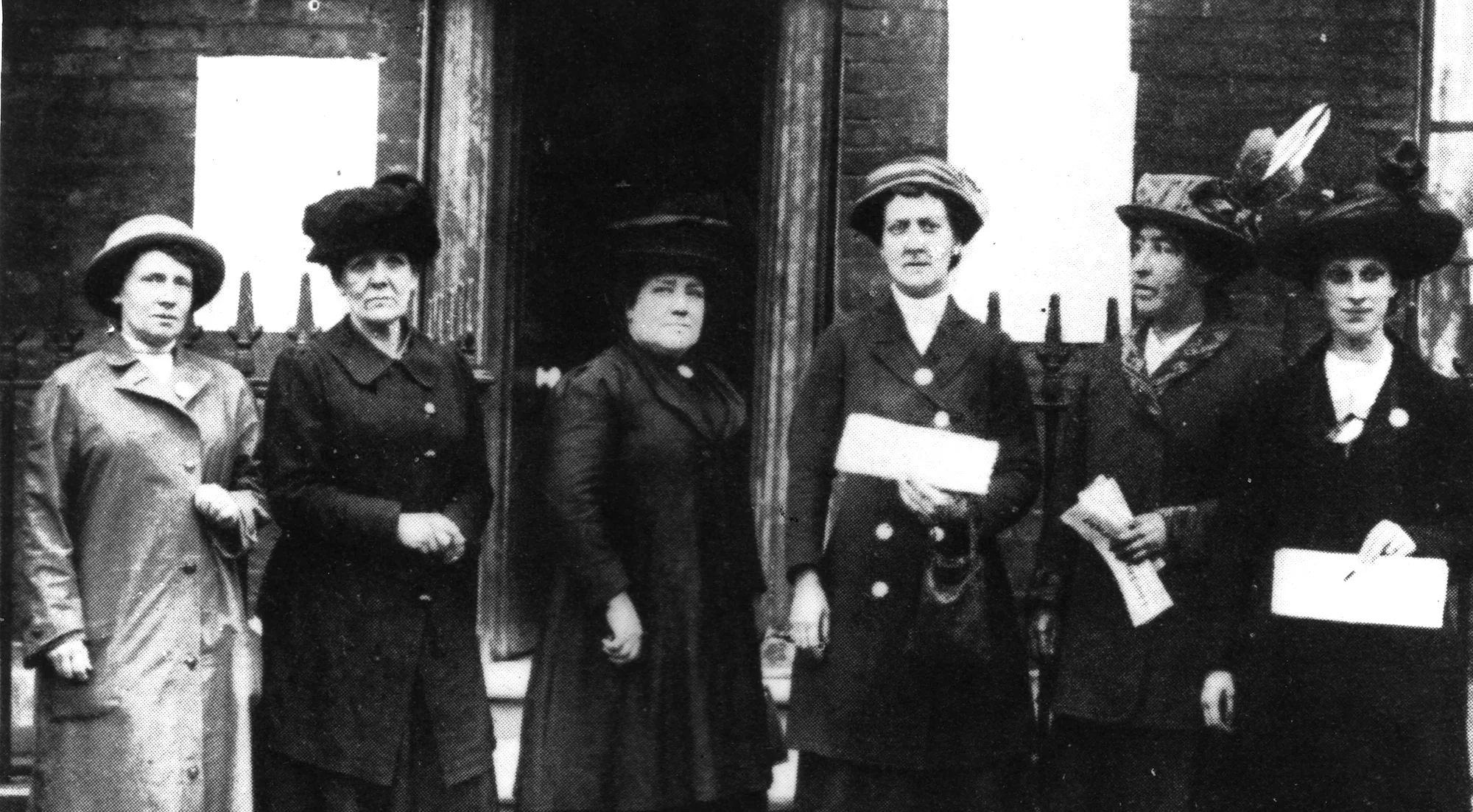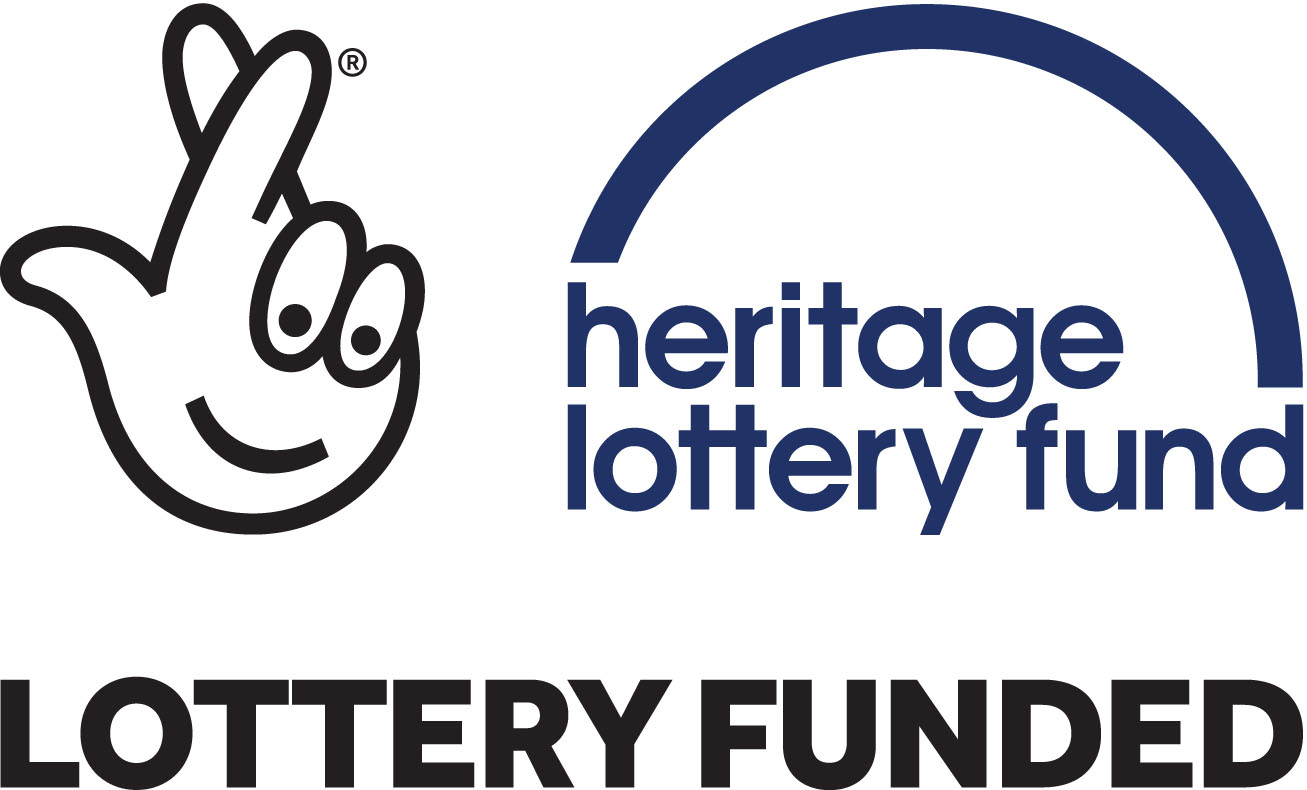About the original Women's Hall
From 1914 to 1924 the Women’s Hall at 400 Old Ford Road in Bow was the headquarters of the East London Federation of Suffragettes (ELFS) and the home of their leader Sylvia Pankhurst and her friend, fellow suffragette and amateur photographer Norah Smyth.
The Women’s Hall was a radical social centre run largely by and for local working class women, and when the First World War caused unemployment and rising food prices the Hall was at the heart of the community’s response, housing a ‘Cost Price Restaurant’ where people could get a hot meal at a very low price and free milk for their children.
As well as a house in which Sylvia, Norah Smyth, Jessie Payne and her husband Jim were to live, the premises contained a large hall, holding about 350 people and a smaller hall which could hold about 50 or 60 people. Willie and Edgar Lansbury supplied the wood to make tables and benches from the nearby Lansbury timber yard. The building no longer stands.
Why was the Women's Hall important?
The symbolic importance of a permanent 'home' for the East London Federation of Suffragettes was matched by its practical importance for their operations and in particular for getting the word out about their campaigns. With a large hall of their own, the suffragettes were able to hold public meetings without fear of interference from the council or the police.
Other sympathetic groups could hold their meetings there too, bringing in a new audience for the Federation's messages and building solidarity with other campaigns in the East End at the time. Without having to pay hire fees, the Federation could run a much wider range of activities, including lessons and workshops, fundraising concerts, lending libraries, affordable canteens and nurseries.
It also meant that everyone in the community knew where to go to find Sylvia, and to ask for help from the suffragettes. The Dreadnought and Sylvia's memoirs record countless cases who arrived, desperate, at the door of 400 Old Ford Road. Whether in need of information, representation, employment, medical help or simply a way to feed their children, many hundreds of people turned to the suffragettes, knowing that they would find assistance without the stigma of charity.
In the years following 1914 several other women's centres were established, one in a former pub on the corner of Old Ford Road and St Stephen's Road in Bow, which was known as the Mother's Arms, another at 20 Railway Street in Poplar and another at 53 St Leonard's Street in Bromley.









